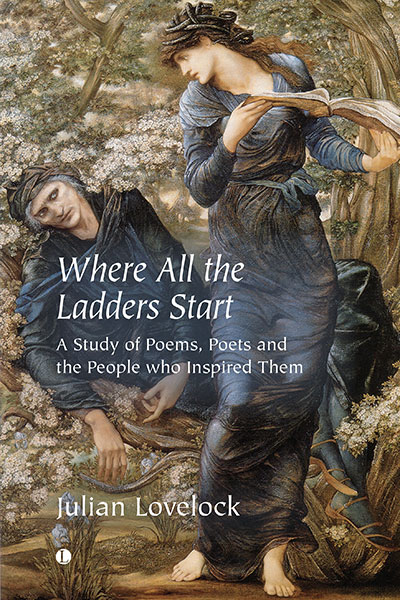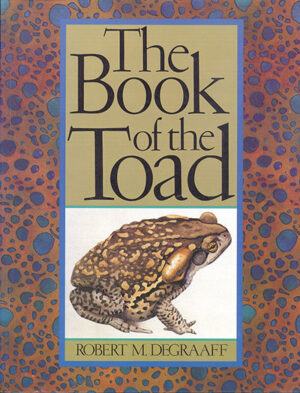Description
Who were Shakespeare’s ‘Friend’ and the ‘Dark Lady’? Why did Donne risk his life and ruin his career for a seventeen-year-old girl? Why did Wordsworth’s sister retire to her bed on his wedding day?
Writing never takes place in a vacuum and much of the finest poetry in the English language has been inspired by particular people – patrons, spouses, lovers, friends, or just casual acquaintances. Whether relegated to an obscurity they do not deserve or thrust into prominence they did not seek, their importance to the creative process is inescapable.
In Where All the Ladders Start, Julian Lovelock discusses with characteristic incisiveness and enthusiasm nine major British poets and the real lives behind some of their most personal and significant works. Along the way he shows how poetry has developed over the past four hundred years and provides suggestions for further reading, while for convenience all of the relevant poems and extracts are reproduced in full. Written for both the seasoned reader and the student encountering these poems for the first time, Lovelock’s analysis will inspire and entertain in equal measure.
About the Author
Julian Lovelock has spent his life in education, as a teacher, headmaster and university lecturer. He is now a Senior Research Fellow in the Department of English at the University of Buckingham, where he was previously Dean of Arts and Languages and Pro Vice-Chancellor.
His most recent publications with The Lutterworth Press are From Morality to Mayhem: The Fall and Rise of the English School Story (2018) and The Business of Reading: A Hundred Years of the English Novel (2022).
Contents
List of Illustrations
Introduction
1. Shakespeare’s Sonnets
The ‘Friend(s)’, the ‘Dark Lady’ and Anne
2. ‘John Donne, Anne Donne, Un-Done’
John Donne and Anne More
3. A Masque Presented at Ludlow Castle
John Milton and Lady Alice Egerton
4. The Rape of the Lock
Alexander Pope and Miss Arabella Fermor
5. A Tangled Web
William and Dorothy Wordsworth
6. Love and Death
John Keats and Fanny Brawne
7. Sonnets from the Portuguese
Elizabeth Barrett Barrett and Robert Browning
8. ‘Woman Much Missed’
Thomas Hardy and Emma Gifford
9. ‘Where All the Ladders Start’
W.B. Yeats, Maud Gonne and Others
Glossary of Critical Terms
Index
Endorsements and Reviews
Where All the Ladders Start moves easily between text and context, teasing out the human interest between the lines. Reflecting too on existing points of critical debate, it will fascinate both the casual reader and the student of literature. In particular, some much-deserved light is cast on remarkable yet often unseen women such as Anne Donne and Mary Wordsworth.
Nicola Borman, Head of English, Stowe School
Roll up! Blow the trumpet! Julian Lovelock has done it again. He takes us authoritatively to the heart of the real and imaginary characters who are central to the poems studied. Through his insights, this literary detective enlightens us about some of our greatest writers. The circus metaphor of Yeats allows us a wonderful tour in this beautifully written book. En route we encounter plenty of sex and entertainment via erudite consideration of serious matters.
Professor Chris Orr RA
A wonderful meditation on Art and Heart as realised in the works of nine English poets and their muses, male and female. Lovelock uses his considerable scholarship to turn the biographical fallacy on its head. The characters we come to know so well in this fascinating book are as much a creation of the poets who loved them as the poems which made them immortal.
Emeritus Professor Alan Kennedy, author of A Thoroughly Mischievous Person: The Other Arthur Ransome.






